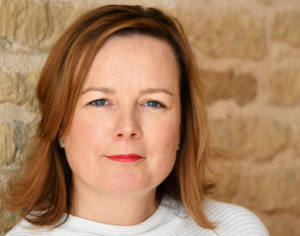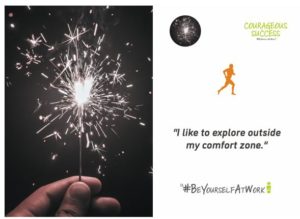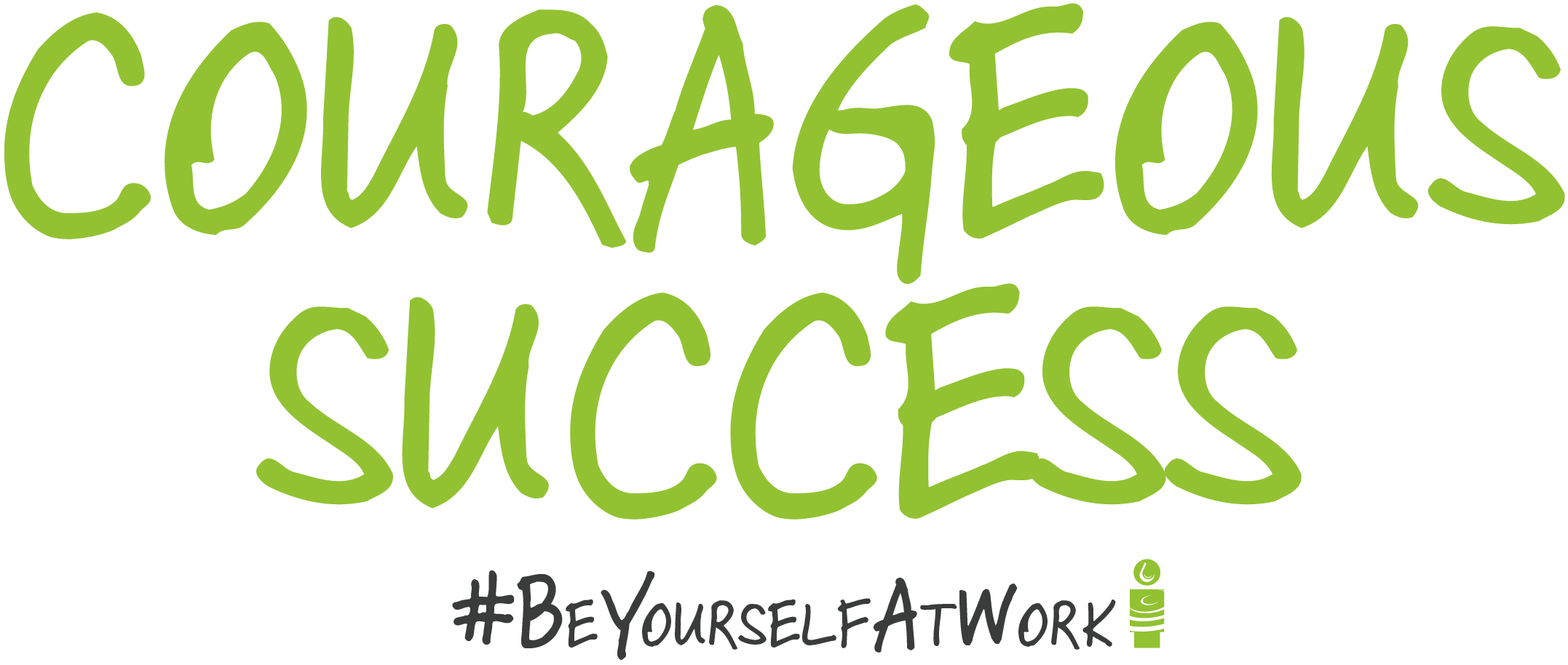…”Maybe that’s one trait that all CEOs share: an inquisitive mindset and an appetite to learn anything that will give their business a competitive advantage”.
Twitter: @dougalshawbbc
 A quote from a recent BBC article where the journalist observed some interesting patterns of behaviour in the CEO and business founders that he interviewed. What was interesting was that the founder CEO’s didn’t prepare for their interviews. They just stood in front of the camera and spoke. Whereas the CEO’s that had risen through the ranks took the time to really prepare, then almost acted their way through. Imposter syndrome? Nerves?
A quote from a recent BBC article where the journalist observed some interesting patterns of behaviour in the CEO and business founders that he interviewed. What was interesting was that the founder CEO’s didn’t prepare for their interviews. They just stood in front of the camera and spoke. Whereas the CEO’s that had risen through the ranks took the time to really prepare, then almost acted their way through. Imposter syndrome? Nerves?
“During the filming Jessica Butcher of Blippar opened up about how she felt “imposter syndrome” as a business leader. Justine Roberts, the founder of Mumsnet, revealed crushing feedback from early potential investors, who told her “she didn’t look the part” – and how that made her feel. And in a video which went viral on LinkedIn, Amy Golding of recruitment company Opus, revealed how she had been given feedback that she was “too girly to be a CEO””.
And as Douglas goes on to share, “none of these guests were revelling in pity. Each one was simply sharing a story about finding resilience, to encourage others if they felt self-doubt too”.
As a company founder I can see totally how there was a lack of self-consciousness in the moment in front of the camera with the founder CEO’s. Building a business from scratch knocks it out of you. You go through so much over the years that your courage becomes a part of your DNA. You know that much worse can happen then mucking up a sentence or coughing on camera. So you let go. You become less self-conscious.
Where the career CEO’s like all of us have the self-doubt, they rely on preparation and good PR skills to get through. What would you do? How would you feel on the spot? One of the themes that I have observed over all of the years of Courageous Success is that those that have less self-doubt use less strategies like control, planning etc. Are less likely to “act” and be more themselves and are also genuinely open to change and new ideas. Curiosity is the product of a lack of self-consciousness. How? Removing self consciousness places the focus on others and what is outside of us. We are not making it about us. And so, we ask questions, look for ideas, knowledge and insight that at work can help us, others we work with or know, and creates more success.
So, it is all linked. Driving down self-doubt and imposter syndrome creates a natural curiosity, confidence, courage and success.
 Here are a few of our favourite tips and challenges when it comes to driving down self doubt and using genuine curiosity for our own and our business’s success;
Here are a few of our favourite tips and challenges when it comes to driving down self doubt and using genuine curiosity for our own and our business’s success;
- See every day as a fresh start with fresh energy. Rather than comparing today and tomorrow to yesterday bring an optimistic new view.
- Trust your instinct in the moment and have faith in what feels right.
- Use logical and focus to push out doubt. The strength of focus, especially business focused thinking can remove the emphasis on yourself and instead put the onus on the opportunities through curiosity and learning.
- Look to yourself to feel confident, rather than recognition or externals.
- When you are tired, and it has been a lot work wise ask those who champion you to support you. Sometimes we all need a few cheerleaders. Return the favour!
- Remember that on the inside, when it comes to the real you, there is no line drawn down you for work and home. You are all of you everywhere. Know that being your positive self is the best you can be.
- Use your senses to instinctively feel opportunities and ideas. We often see and picture and sense the best ideas vs. think of them. To hear them trust your gut.
- Actively use your sensitivity on your outside world, rather than your inside doubting one. Turn this sensitivity strength to your work and business advantage to hear and help others.
Be you.
